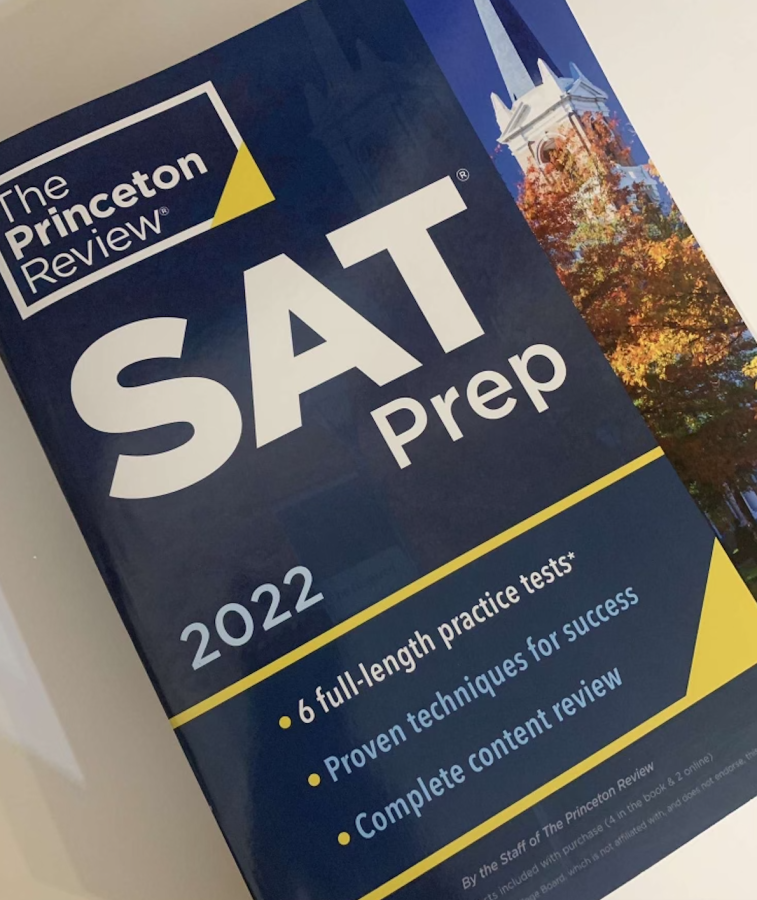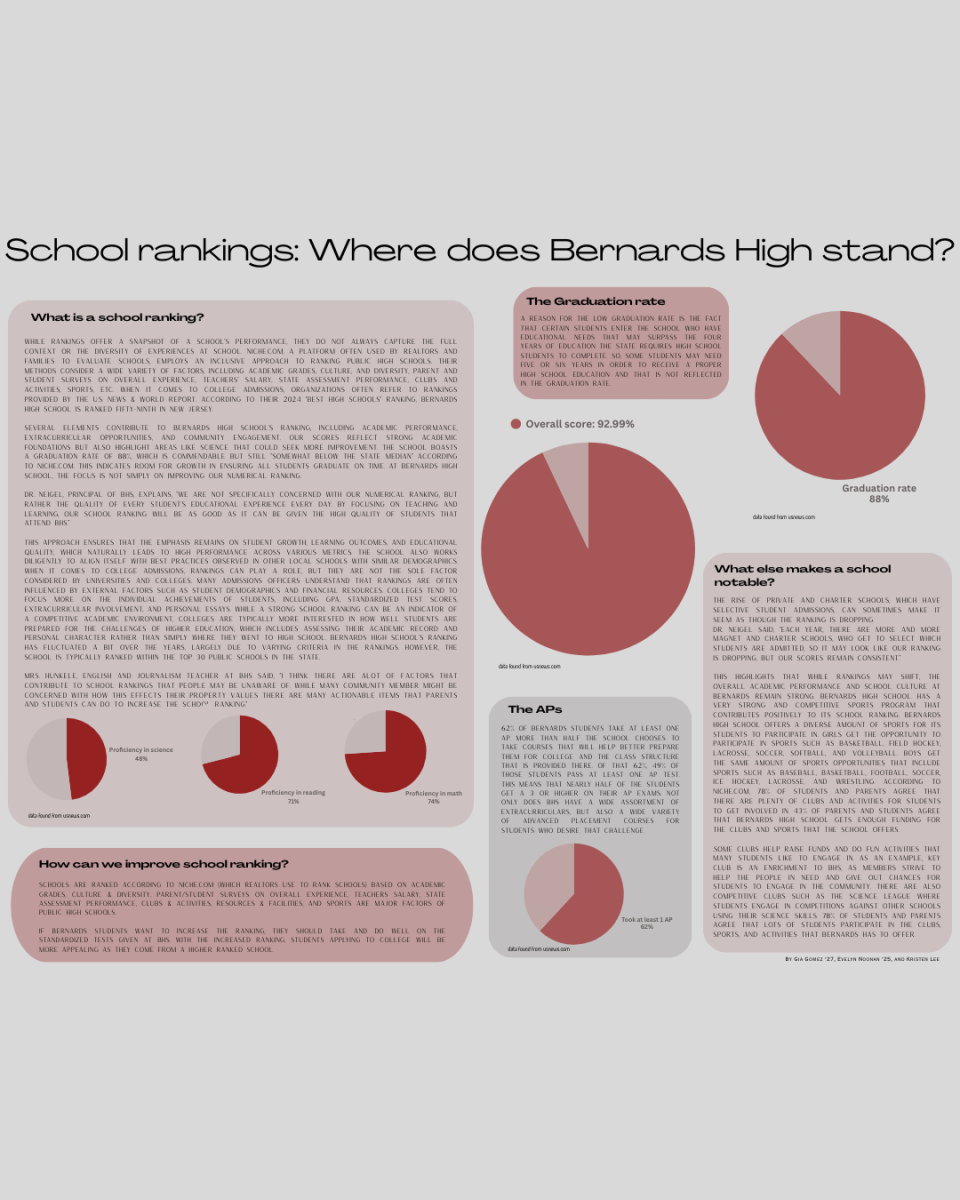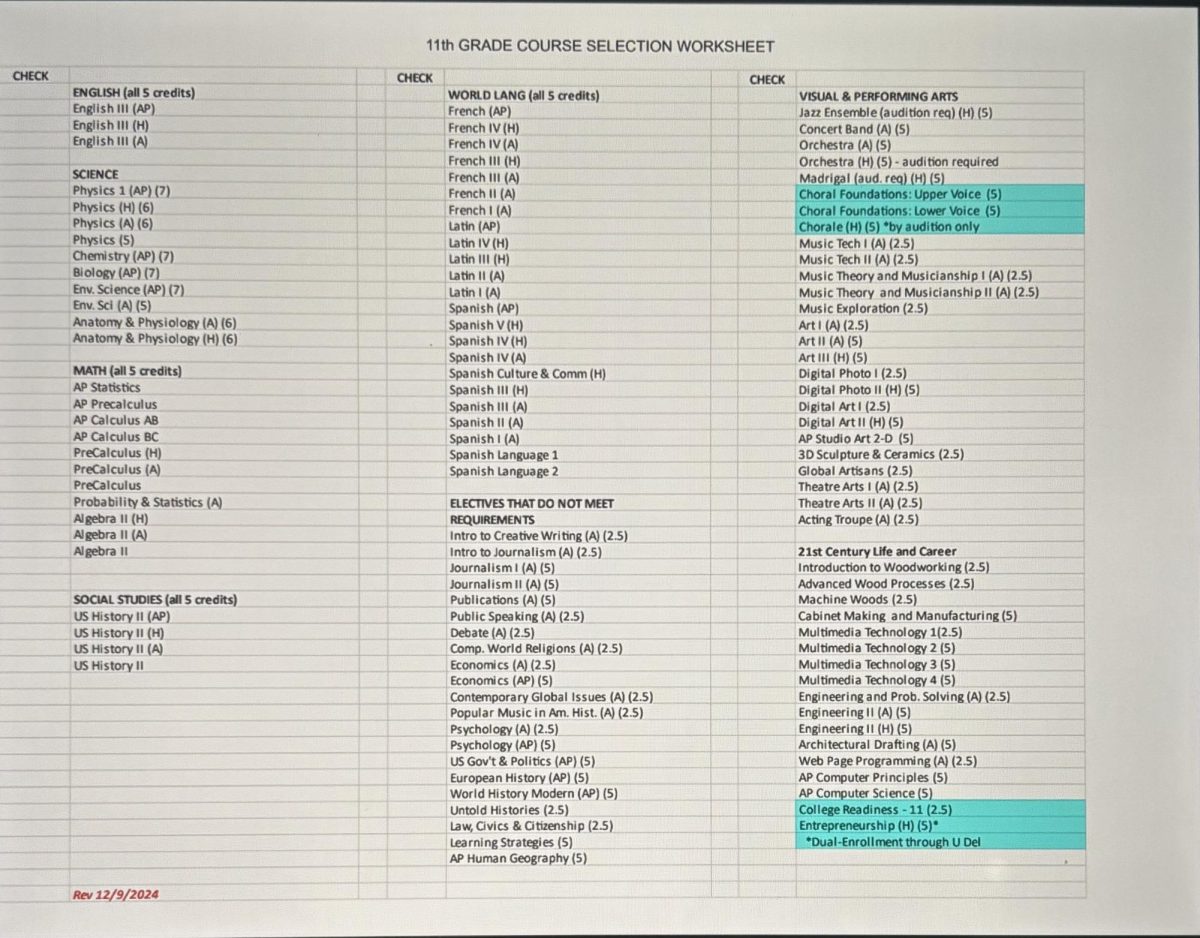Standardized testing unfair: highlights inequities in education opportunity
As another year of college application deadlines inch closer, students all across the country are clamoring to try their hand at one last SAT or ACT test to boost their scores. Likewise, other students are submitting their scores from previous tests in hopes of being accepted into their dream schools.
But not all students, some elect to go completely test optional during the application process. While many schools have canceled the requirement to submit standardized test scores due to the lasting effects of COVID-19, others have recently reimplemented it.
Despite this, the standardized test is an ineffective and unequal way of measuring the intelligence of students across the globe, and the SAT and ACT should never be required during the application process.
While great test scores can be indicative of a student’s intelligence, more often than not it is a result of the students ability to access resources that will help them score high. SAT/ACT preparation classes are made available to students who want to get a little extra help in preparing for the exam, but these courses have two limiting factors. These prep classes cost both time and money, both of which not everyone has access to.
The fee to simply take the test may already be hefty for some families, but while that can be waived in some financial circumstances, the price of prep books, tutors, and classes can not be.
This is part of the reason we see that wealthier, suburban, often white students are outperforming other groups with less access to these resources- and it is contributing to systemic issues of inequality.
Researchers Ezekiel J. Dixon-Roman of the University of Pennsylvania and John J. Mccardle of the University of Southern California touched upon this issue in their paper entitled, “Race, Poverty, and SAT Scores.” Their research concluded that the gap between SAT scores between students from high and low-income families is pronounced, and this difference was twice as large among Black and white students.
Students who are lucky enough to grow up in these privileged districts that can provide them with resources for the test, or with parents who can do so, will perform better overall. This increases their chances of being accepted into better colleges, continuing the cycle that allows these students access better career opportunities, leading to higher incomes, and thus ensuring their own children will have the opportunities they did. All the while students who were never afforded the same opportunities are shamed for not being able to “pull themselves up by their bootstraps” and thrive in a system that is designed to prevent them from doing so.
If we are examining the roots of the cycle of poverty, it is impossible not to notice the glaring issue of education failures. Low income school districts simply don’t have the resources wealthier districts have, yet we are shocked when not everyone can “defeat the odds” and find success.
Eliminating the SAT/ACT is an important first step in creating this equality. While one may argue that the test quite literally being standardized means that it is a baseline all students must meet, or that they are given the same test and therefore the same opportunity, this is simply untrue. Yes, we are all given the same test on exam day, but we are absolutely not afforded the same opportunities.
Students from a low income district, working minimum wage on top of attending school to simply get by, are not given the same opportunity as wealthy students who were able to spend important time after school on studying and attending preparation classes.
While there are many factors to consider when trying to understand how we can better serve low income students, one thing that can be done is eliminating the SAT/ACT requirements for college applications and instead examine the four years of hard work reflected in student grades rather than their performance one day out of the year.













